Recycling Technologist
Profession will appear after 2025
Trends
A specialist, whose main task is to ensure the extraction of useful products for the areas: road, civil construction, agriculture, etc.) from metallurgical waste (slags, sludge, coal dust, ash, etc.) using chemical, physical and biological technologies according to the needs of the market. Knowledge of new ways to extract a useful component. Knowledge of the main technological processes of metallurgical production.
The novelty of the profession: Knows the composition of all types of waste of his enterprise: the name, their physical and chemical properties. Possesses different types of technologies for extracting a useful component from waste. Makes a decision to start extraction based on the market demand for a certain useful component. He is looking for new ways to extract a useful component and new areas of its application.
Key competencies:
- Knowledge in the field of testing samples in laboratory conditions.
- Market research and demand identification skills.
- TIPS skills.
Over-professional skills

Systemic thinking

Intersectoral communication

Environmental thinking

Customer focus
Educational institutions

Satbayev University
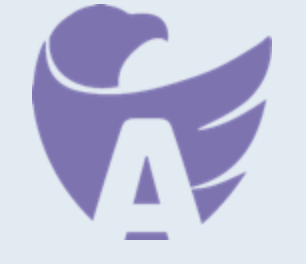
South Kazakhstan State University. M. Auezova
Companies in which this profession may be in demand
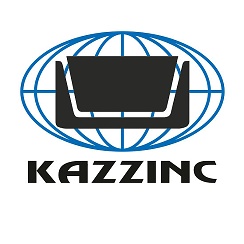
Kazzinc LLP
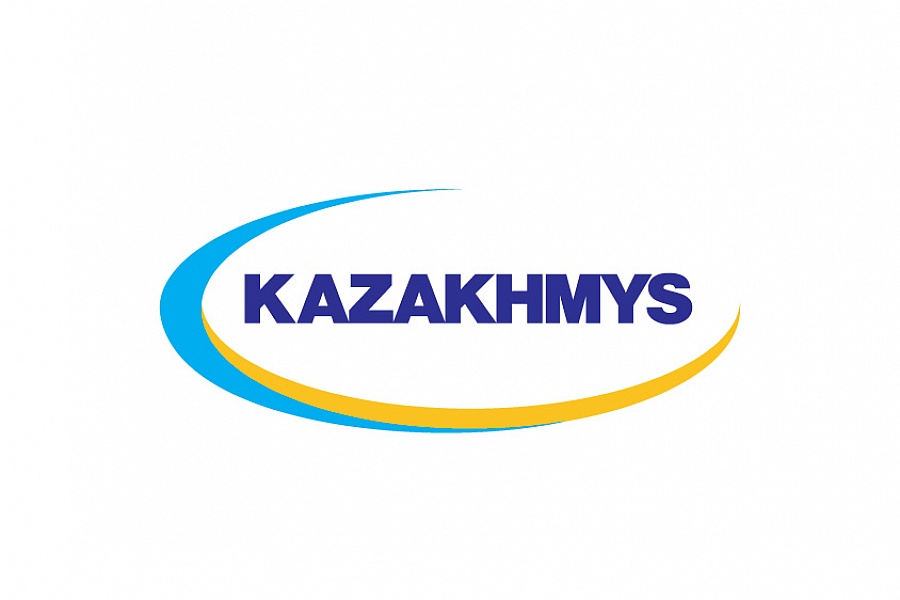
Corporation "Kazakhmys"

Arcelor Mittal Temirtau
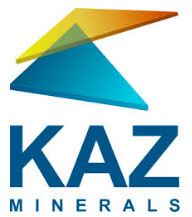
KAZ Minerals PLC
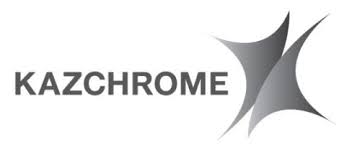
JSC TNK "Kazhrom"
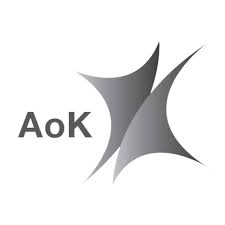
JSC "Aluminum of Kazakhstan"
https://www.erg.kz/ru/content/ao-alyuminiy-kazahstana/ao-alyuminiy-kazahstana

JSC "Sokolovsko-Sarbayskoe mining and processing production association"
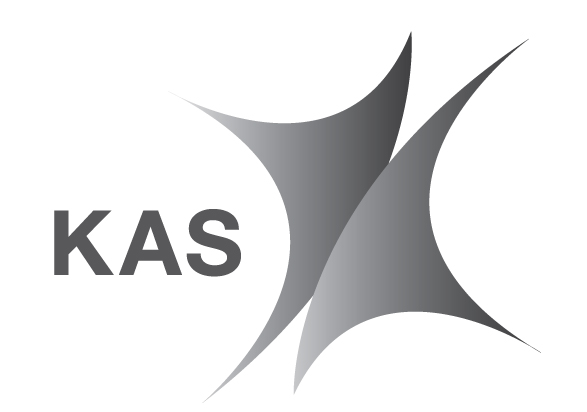
JSC "Kazakhstan Electrolysis Plant"

